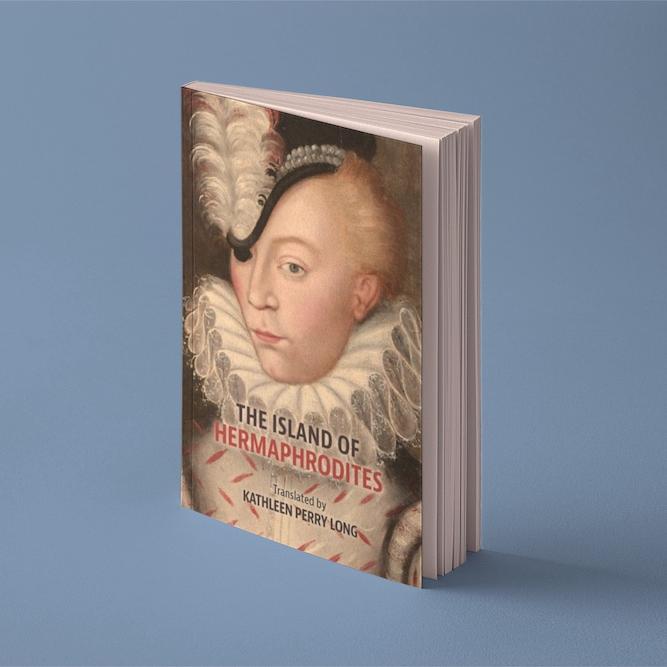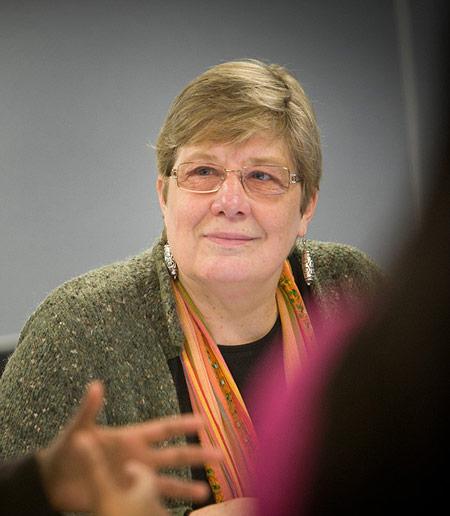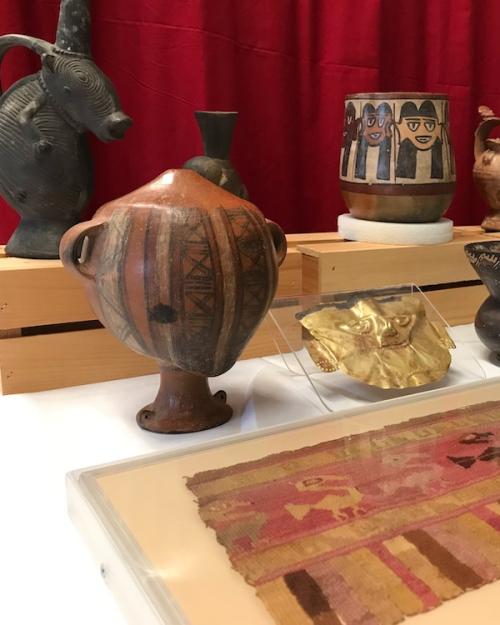Cornell’s long history of Andean studies was celebrated at the 40th Annual Northeast Conference on Andean and Amazonian Archaeology and Ethnohistory (NCAAE) held Nov. 4-5 in Klarman Hall.
“The conference was actually founded here at Cornell in 1982 and is part of a much longer history of Andean research at our university, stretching back to the Vicos Project in highland Peru in the 1950s and 60s,” said Matthew Velasco, assistant professor of anthropology in the College of Arts and Sciences and co-organizer of the conference.
The initial impetus for the creation of the conference in 1982 was to provide a more accessible venue for sharing current research and works-in-progress, said Ananda Cohen-Aponte, associate professor of history of art and visual studies (A&S) and conference co-organizer. “Since its founding, the NCAAE has grown into a vibrant intellectual community encompassing multiple research institutions and independent scholars in the Northeast, and beyond,” she said.
The conference is also associated with the journal Andean Past, edited by Monica Barnes M.A. ’88, one of the leading publications dedicated to research in archaeology and ethnohistory of Andean South America.
The 75 conference attendees included noted alumni; the keynote address, “An Orphan, Three Terrorists, and the Origin of Patrimonial Khipus” was delivered by renowned anthropologist Frank Salomon Ph.D. ’78. He said his time at Cornell gave him “freedom and opportunity that were the beginning of everything.”
Other noted alumni participants included Dan Sandweiss, Ph.D. ’89, who founded the conference while a graduate student at Cornell. He is now president of the Society for American Archaeology.
“Over the years, the technology has changed but the essential features of the Northeast Conference have remained the same: plenary sessions, lots of time for discussion both in the lecture hall and in the breaks, and no fee for participating so that scholars at all career levels from student to retiree can participate. This format helps build friendships and collaborations and on board new participants in the field,” said Sandweiss, professor of anthropology at the University of Maine.
“The conference showcased the true intergenerational and diverse group of scholars involved in Andean Studies,” said Cohen-Aponte. “This year’s conference was also notably interdisciplinary, bringing together scholars and students from anthropology, archaeology, art history, history and even comparative literature, who too rarely cross paths in conference settings.”
A highlight of the conference was a special panel on “Alternative Approaches to Archaeological Field Schools,” organized by Yui Sasajima, a doctoral candidate in the field of anthropology.
“The conference is invested in staking its future and highlighting the contributions of a new generation of scholars,” said Velasco. Yui and the other panelists, he said, “led an urgent conversation about the ways we might transform our field training in the discipline to make it more accessible and inclusive for students from underrepresented backgrounds.”
The conference’s 40th anniversary marks a resurgence of interest in the field of Andean studies at Cornell over the past decade, said Cohen-Aponte. This is reflected in multiple faculty appointments in the field, including Cohen-Aponte, a specialist in the colonial Andes; Velasco, a specialist in the pre-Columbian Andes; Irina Troconis, assistant professor of Romance studies and specialist in Venezuela; and Vanessa Gubbins, assistant professor of Romance studies and specialist in Peruvian literature.
Cornell has also established institutional partnerships with Ecuador through the Latin American and Caribbean Studies Program, part of the Mario Einaudi Center for International Studies – and is one of the only universities in the United States to offer courses in Quichua and Quechua, the primary Indigenous languages of Ecuador, Peru, and Bolivia.
Conference sponsors include the Department of Anthropology (A&S), the Cornell Institute of Archaeology and Material Studies (A&S), and the Latin American and Caribbean Studies Program.
Linda B. Glaser is news and media relations manager for the College of Arts and Sciences.





